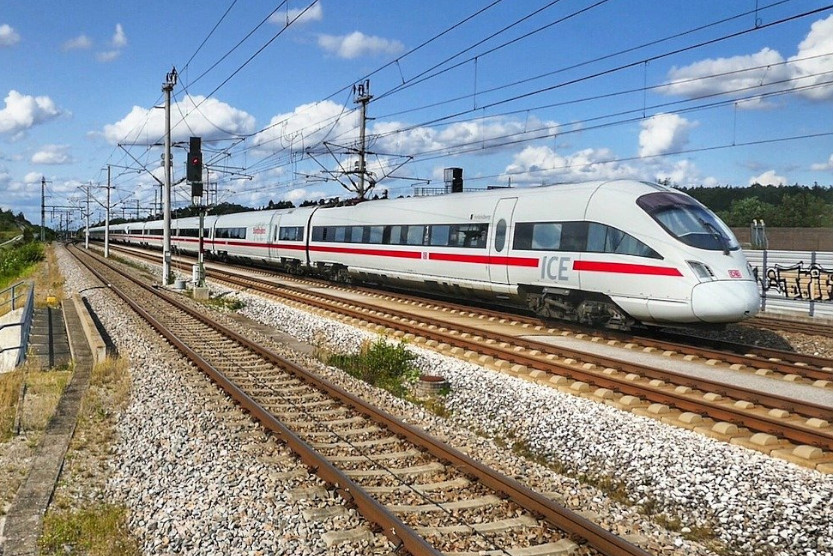
The railway will only become climate-neutral if DB says goodbye to diesel. As there is no universal solution to replace diesel, DB are investing in a number of alternative technologies and fuels.
© pixabay
Germany’s largest rail services provider Deutsche Bahn AG (a private state-owned company) has announced it is abandoning conventional diesel to focus on alternative fuels and drives and is committed to becoming a climate-neutral company by 2050.
“The railway will only become climate-neutral if we say goodbye to diesel. We must radically reduce the consumption of fossil fuels and bring it down to zero. In 2050, DB will no longer run a single vehicle on diesel. With an annual consumption of more than 250 million litres of diesel, this is a challenge – and we are tackling it,” says Sabina Jeschke, DB board member for digitalisation and technology, in a press release. Deutsche Bahn will be investing heavily into R&D in the coming years: “In order for alternative fuels and propulsion systems to be used on rail, road and air, the transport sector and industry must make massive efforts in research and development.”
A few test trains are already in operation. The TrainLab, for example, runs on a type of eco-diesel which reduces CO2 emissions by 90 percent. And this October, the Sylt Shuttle between Westerland and Niebüll will be launched on a trial basis, which will run on a different variant of eco-diesel. Both biofuels are produced entirely or partially from processed organic residual and waste materials. The advantage of eco-diesel is that the diesel engines do not have to be converted and performance is not compromised. Plans are already underway for wider adoption of eco-diesel in regional transport in Baden-Württemberg.
As there is no universal solution to replace diesel, DB are investing in a number of alternative technologies and fuels. Battery-operated trains that charge themselves at overhead “line islands” (a short, electrified section which provides power for the next stage of the route) and hydrogen-propelled trains are also on the roadmap.


